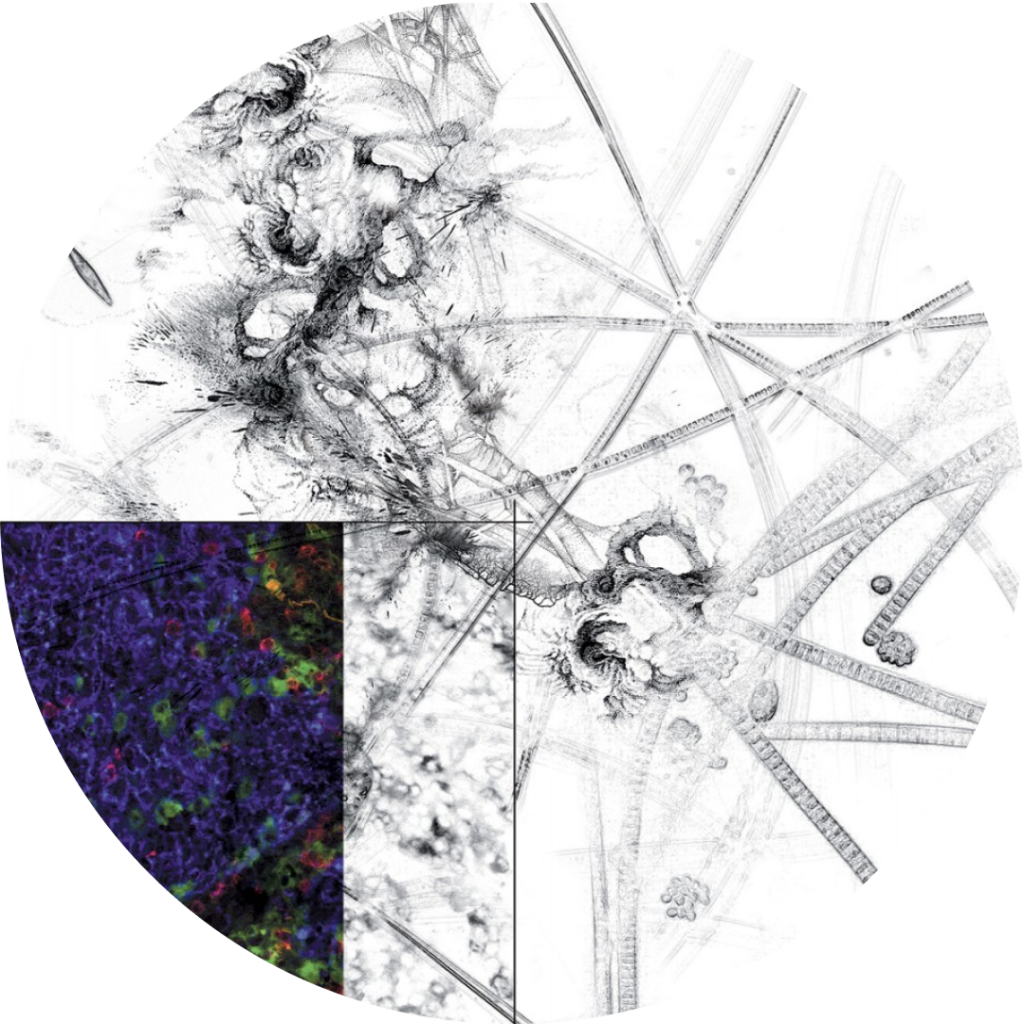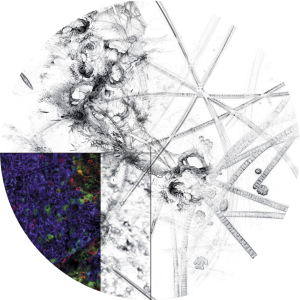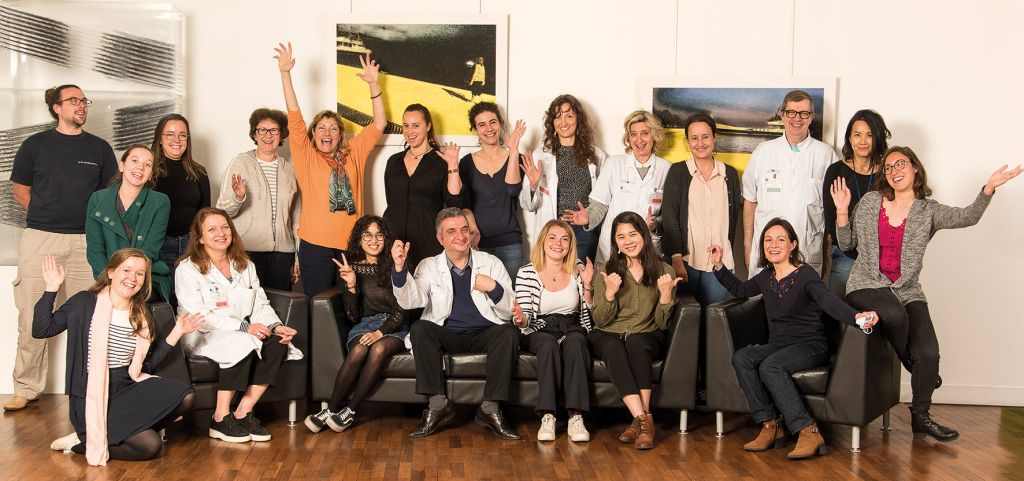

TEAM LEADER : Eric Tartour
Mail : eric.tartour@aphp.fr
Phone : +33 1 53 98 80 26
Localisation : Lab 177, 1st Floor
Doctoral School : Bio SPC, Université Paris Cité


The main objective of the team is to better understand the link between tumor angiogenesis and immunity. It is structured in 2 groups, one directed by Magali Terme on “angiogenesis and immunity” and the other by Eric Tartour on “optimization of cancer immunotherapy strategies”; this last axis is very focused on anti-tumor vaccination. There are strong relationships between the two areas, notably through the analysis of the mechanism of action of anti-angiogenic agents and the interest of their use to improve cancer immunotherapy. In the same way, the discoveries of the “angiogenesis and immunity” axis, such as the demonstration of the role of VEGF in increasing the expression of inhibitory receptors on T lymphocytes (Voron/Terme JEM 2015) or the action of HIF in promoting both angiogenesis via the induction of VEGF and immunosuppression via the increase in CD70 (Benhamouda N et al CCR 2022), have direct applications to the development of biomarkers or new therapeutic targets/strategies linked to angiogenesis for cancer immunotherapy.

Regarding immunotherapy, A Carpentier’s group has demonstrated the adjuvant properties of melanin (Cuzzubbo S Int J Mol Sci 2022). E Tartour’s group showed that the B subunit of shiga toxin was an original and competitive synthetic vector for inducing memory resident T cells and mucosal immunity (Karaki S et al JITC 2021)(Billet A et al Biomaterials In Press).
We have also shown that targeting other pro-angiogenic molecules such as HGF could also have an immunomodulatory role by reducing the concentrations of regulatory T lymphocytes (Palle J et al Cancers 2022).
Various groups of the team have also some important work linking myeloid cells, angiogenesis and cancer. Tie2 positive myeloid cells known for their proangiogenic properties has emerged as a potentially interesting biomarker for predicting response to anti-angiogenic therapy (Oudard S et al Cells 2021). M Terme reported that HGF target monocytes which favors the expansion of regulatory T cells (Palle J et al Cancers 2021). Thi Tran also showed that a high-fat diet accelerated tumour growth via a population of myeloid cells that produced VEGF (Tran T et al Nat Commun 2022).
Finally, C Tanchot has reported the syngergistic effect of cancer vaccine and anti-angiogenic molecules via the reprogramming of the immunosuppressive microenvironment (Mougel A et al Oncoimmunol 2022).